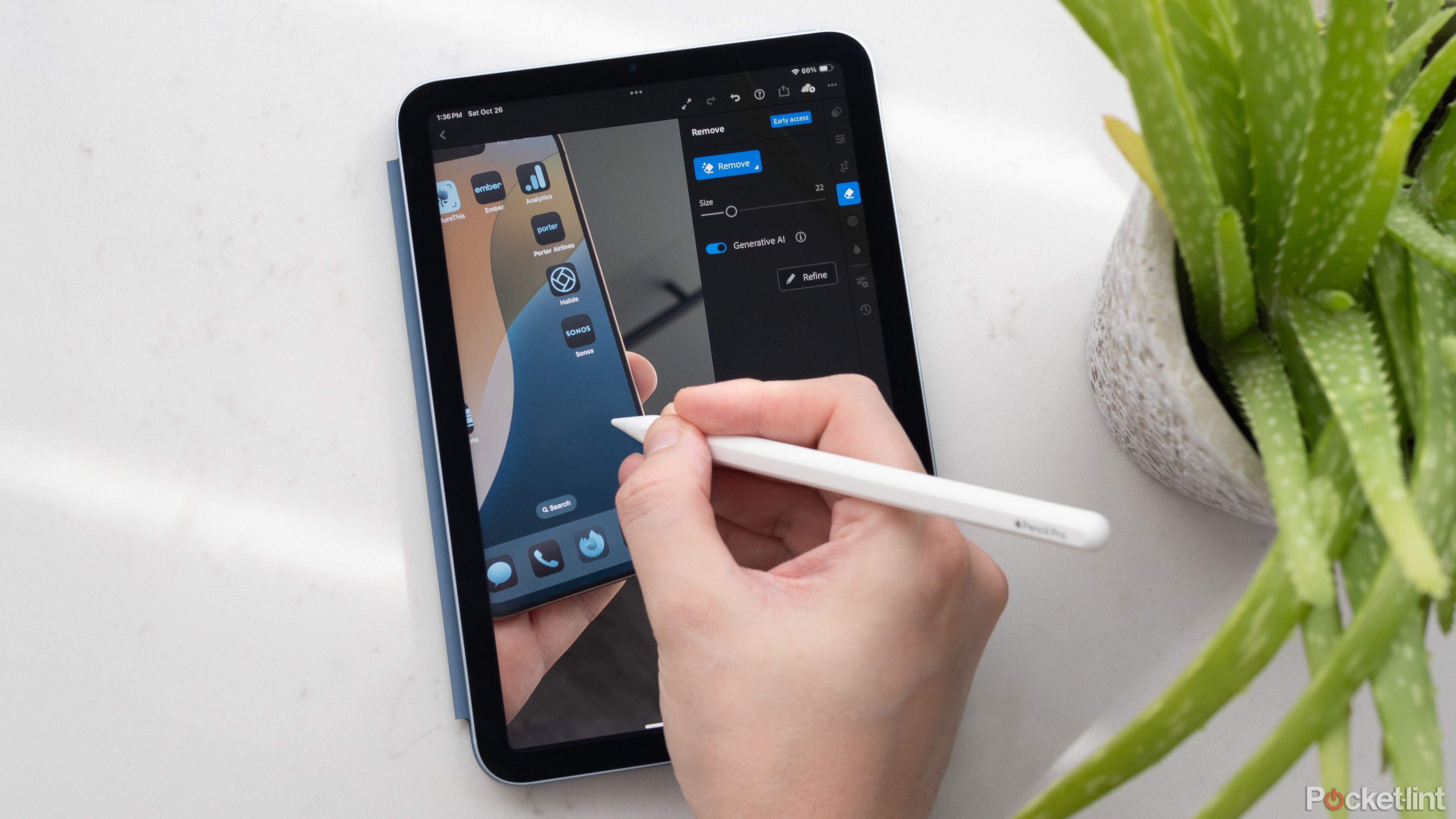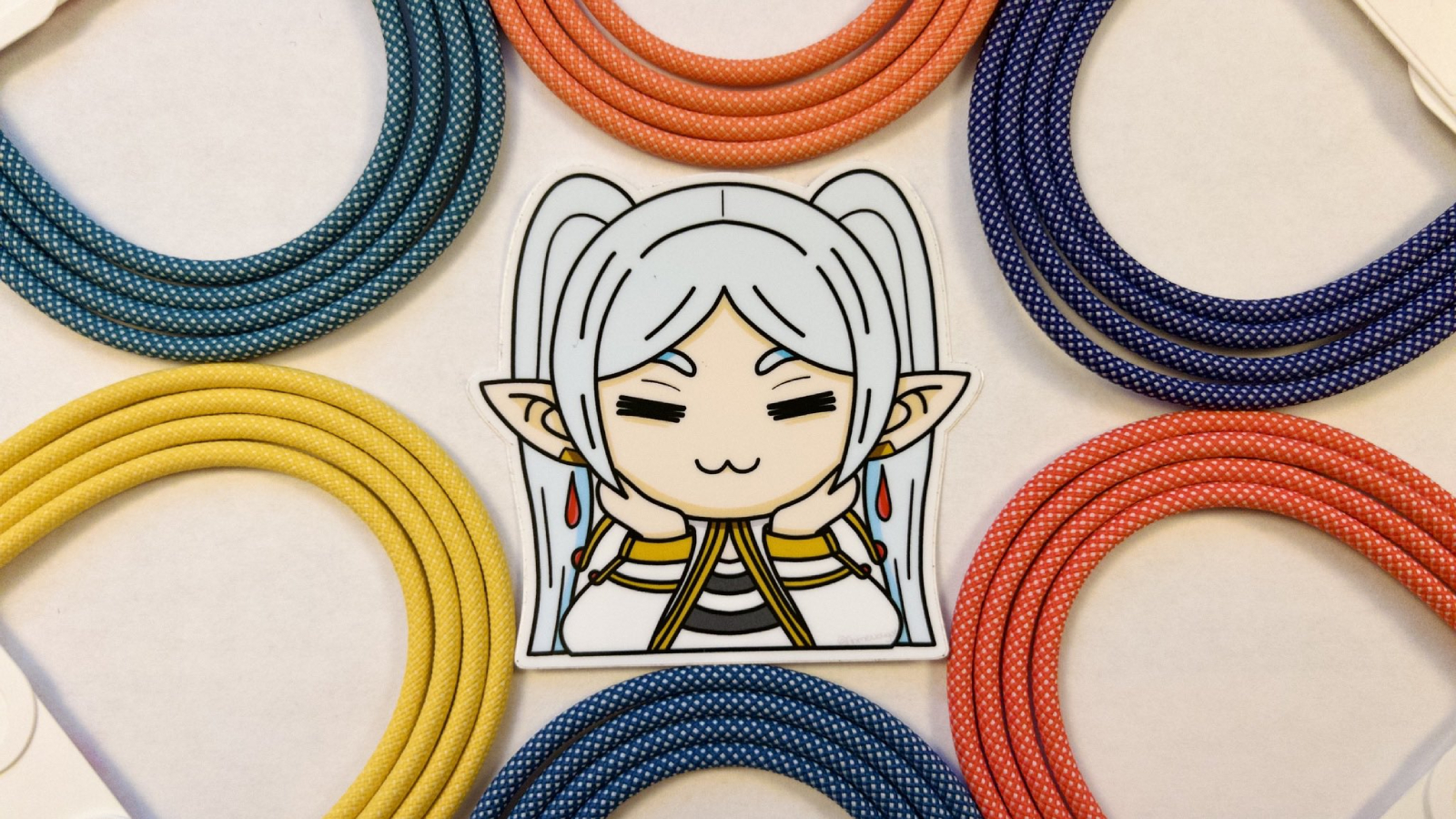Nikon Zf: what we want to see
With shutter speed and ISO dials, a faux leather finish and a metal-effect top plate, the Nikon Z fc wowed us in 2021 with its retro charm. The Z fc, one of the best beginner mirrorless cameras, represented a compelling Fujifilm X-T30 II alternative, and remains competitively priced.
But I, like many Nikon fans, was left asking: will there be a more high-end, full-frame version of the ‘casual’ Z fc, one that truly pays homage to the Nikon FM2 – the 30-year-old 35mm film camera that the Z fc directly took its design cues from, a camera with legendary ruggedness.
If Nikon Rumors is accurate, we’ll see such a camera in 2023, and I couldn’t be more excited for what is likely to be one of this year’s best mirrorless cameras. It will do what’s so important now – make for a delightful shooting experience, especially for enthusiast photographers.
We spoke exclusively with Nikon back in 2021 about how it designed the Nikon Z fc, and why it thinks the future is retro, and the Zf could well realize Nikon’s vision for cameras that the Z fc designer Shu Suzuki (of Nikon’s Design Center) described as “designed with a focus on joy of ownership”. Let’s take a look at what we can expect from the upcoming Nikon Zf.
Nikon Zf: Cut to the chase
The top plate of the Nikon Z fc camera (Image credit: Future)
What is it? A full-frame Nikon Z camera with the same retro design concept as the crop-sensor Nikon Z fc. When is it out? Likely the final quarter of 2023 How much will it cost? Unknown, but we predict similar to the Nikon Z7 II, which had a list price of $3,000 / £3,000 / AU$5,500 at launch in 2020.
Nikon Zf: What’s in a name?
The ‘f’ in the Zfc stands for ‘fusion’, as in of the old and new, while the ‘c’ means casual. Nikon’s ‘f’ nomenclature was actually first seen a full 10 years ago in 2013, in the Nikon Df DSLR camera, which was a full-frame, weather-sealed, photography-only, design delight.
Based on those two cameras, we can expect the rumored full-frame mirrorless version of this classic design, with a rugged build quality, to be called the Nikon Zf.
Nikon Zf: which full-frame sensor?
The next obvious question is what sensor the Nikon Zf will have. Nikon has three current full-frame sensors: the 24MP one in the Nikon Z6 II, a higher-resolution 45.7MP in the Nikon Z7 II, and a ‘stacked’ 45.7MP sensor in the Nikon Z8 and Nikon Z9.
The latter stacked sensor delivers some serious firepower, offering next-level continuous shooting and video performance, with negligible rolling shutter. It’s what enabled Nikon to do away with the mechanical shutter in the Z9 altogether.
Great as that stacked sensor would be in a rumored Zf, it’s a super-expensive component, and feels a bit overkill for a retro snapper that’s primarily drawing the attention of photographers. If I was to hazard a guess, the 45.7MP sensor from the Z7 II will make its way into the Zf, and I predict that Nikon might recycle a lot of Z7 II’s tech into the new shell of the Zf.
Creating a Z7 II in a new shell will allow Nikon to set the price of the Zf that little bit lower than the $4,000 / £4,000 / AU$7,500 Nikon Z8. But just how much lower can we realistically hope for?
(Image credit: Future)
Nikon Zf: price and release date
According to the rumors, the Zf is the only remaining Nikon mirrorless camera in the 2023 pipeline. As for pricing, we think the Zf will be pitched at the level of the Nikon Z7 II, which was launched in 2020 with a list price of $3,000 / £3,000 / AU$5,500 body only – that’s a full 25% less than the Nikon Z8. I don’t think Nikon can reasonably go much higher than the Nikon Z7 II, but I don’t think it’ll be a lot less.
If indeed we’re talking Z7 II-like pricing, then throwing in the retro Z 28mm f/2.8 SE full-frame lens that was launched alongside the Z fc would be the cherry on the cake. I’d also love to see more retro Nikon Z lenses that take design cues from the Zf, or of course Nikon’s legacy 35mm lenses.
It’ll feel a somewhat hollow exercise if you have to pair the Nikon Zf with the all-black, industrial-looking Z lenses. Of course, we can use an adaptor to pair Nikon lenses from the past, but you won’t get the Z-mount lens benefit for image quality and autofocus performance; we’ll need more retro Z glass.
Nikon Zf: design delight
Design will be where the Nikon Zf shines. I think lovers of traditional cameras for photography need a Fujifilm alternative – and not just the Leica offerings that are unattainable for most people – and the Nikon Zf could be that very camera.
(Image credit: Future)
(Image credit: Future)
(Image credit: Future)
(Image credit: Future)
(Image credit: Future)
It will be an altogether different shooting experience to an awkward smartphone camera. The Zf will have those tactile exposure dials – shutter speed, ISO, exposure compensation – plus a top LCD. Yet it could fuse that retro goodness with a modern flip-out screen that gives you the best of both worlds: easy viewing from any angle, or folded away completely to allow you to pretend it’s a screen-less camera like in the good old days.
The Zf will be beefier than the Nikon Zfc – both physically larger, and tougher, with a proper weather-sealed build quality that’s hopefully even more rugged than the Df. Except, being a mirrorless camera, the Zf won’t be as large as the Nikon Df, which is a DSLR with chunkier pentaprism optical viewfinder and greater flange depth (the distance between image sensor and lens mount) that requires the camera to be physically deeper.
Most of all, the Zf will look damn good, and will tap into your creativity in a way that a smartphone and even a modern run-of-the-mill mirrorless can’t. It should be a camera that’s a joy to use, and I can’t wait until to get my hands on one.




